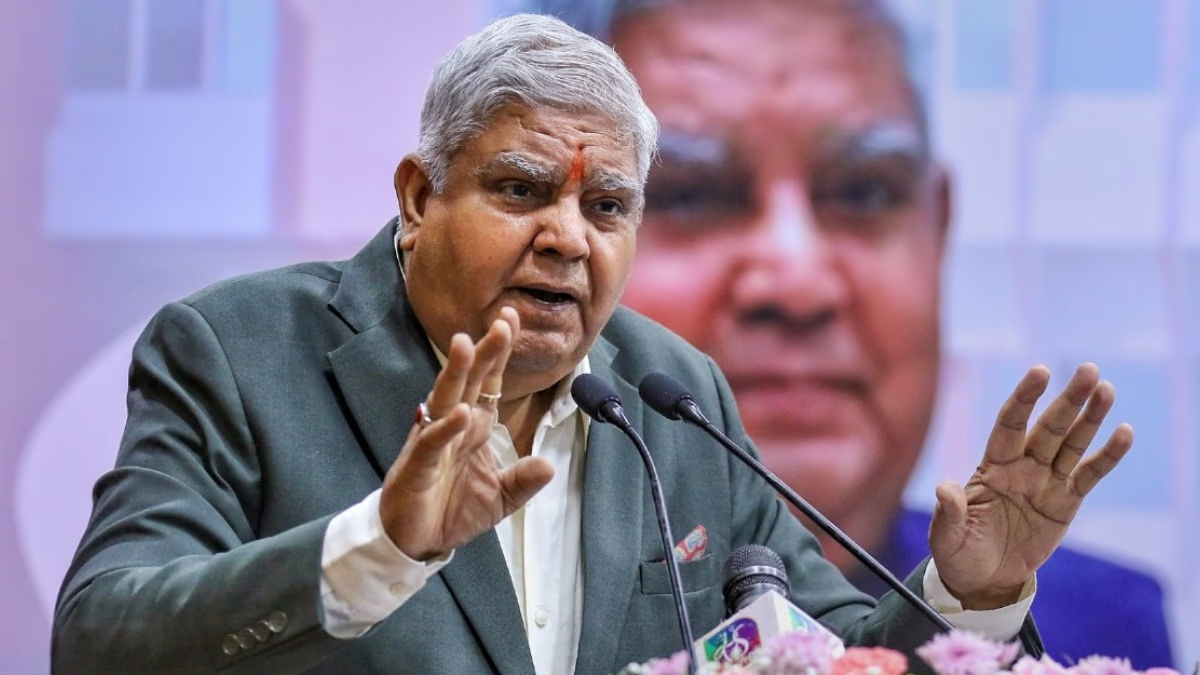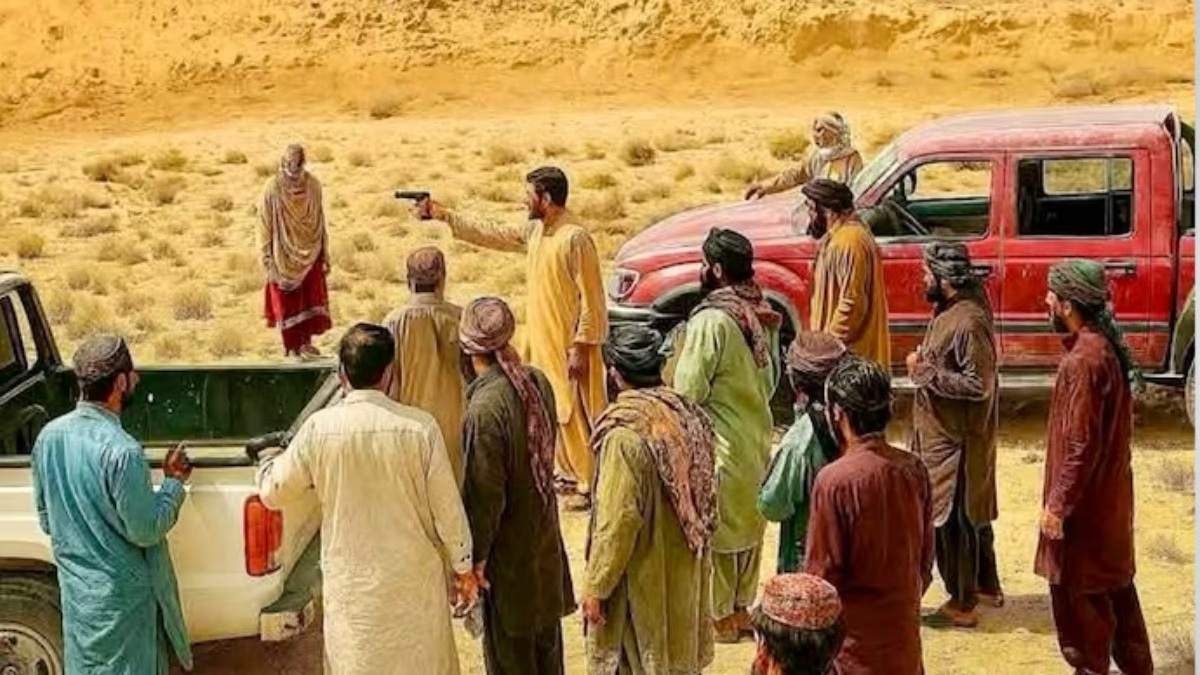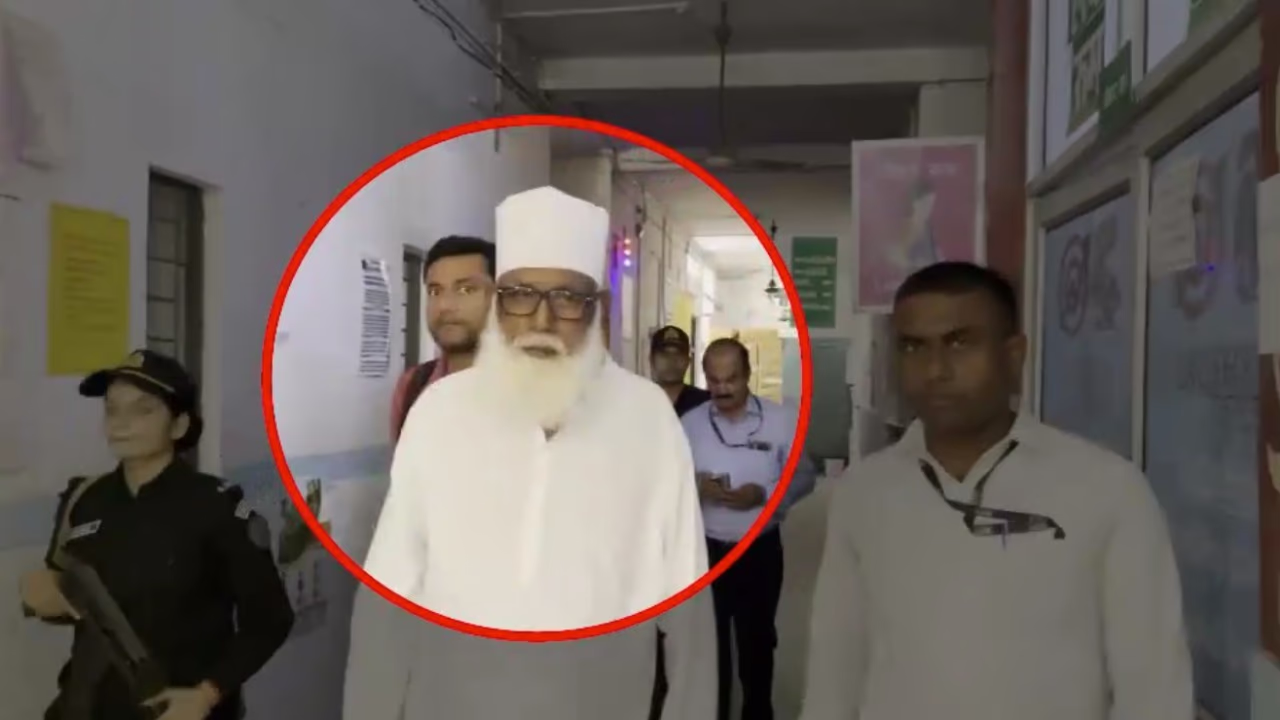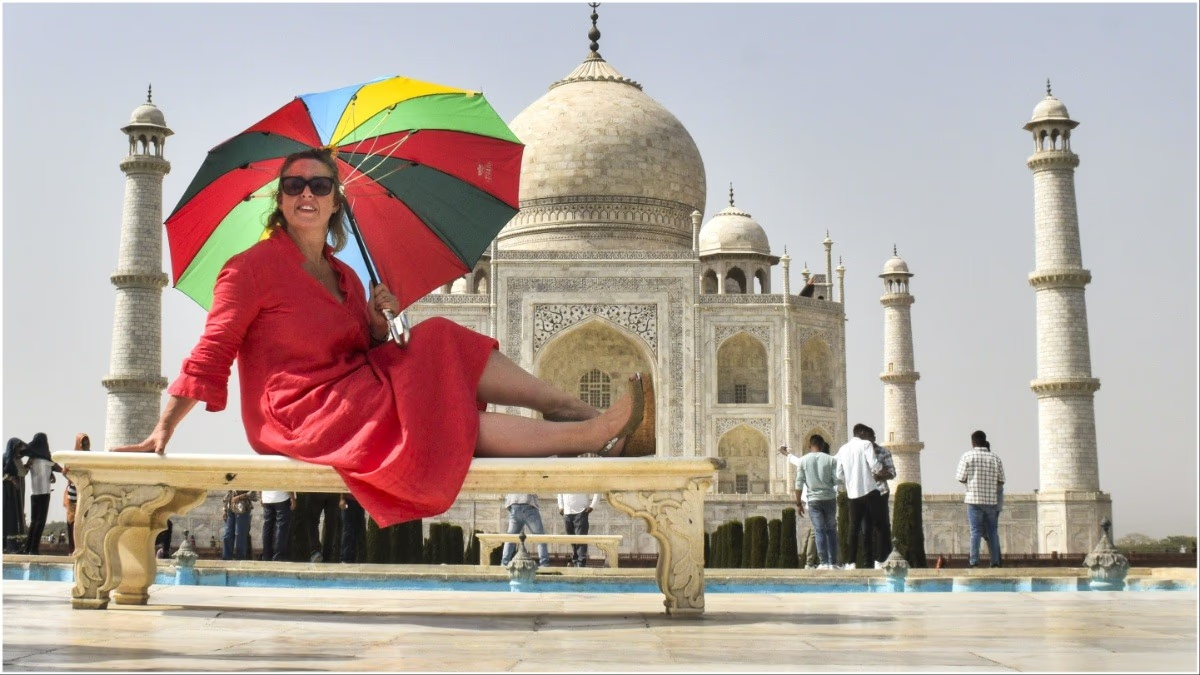For nearly the past 24 hours, a single headline has dominated the political circles of the country, yet the mystery remains unresolved. This headline concerns Jagdeep Dhankhar's resignation from the Vice Presidency. From Monday till now, numerous speculations have arisen, but the clarity on why Vice President Jagdeep Dhankhar resigned is still missing.
Why the sudden resignation?
The primary question is why was this resignation announced during the session without warning? There was a proposed visit to Jaipur on July 23rd for the Vice President, so why was the resignation submitted overnight? Could citing illness have been a mere excuse? If the Vice President was indeed unwell, how did he conduct the proceedings of the monsoon session? Was there dissatisfaction from the senior leadership of the Bharatiya Janata Party with Jagdeep Dhankhar? Were his increasingly amicable relations with opposition leaders a concern? Did he resign of his own will, or was he coerced into it?
President accepted the resignation
On Tuesday, President Droupadi Murmu accepted the resignation of Vice President Jagdeep Dhankhar. The Ministry of Home Affairs has issued a gazette notification as well. Rajya Sabha Deputy Chairman Harivansh met with the President. He started the proceedings of the Rajya Sabha today at 11 a.m. Dhankhar was absent from today's session. Prime Minister Narendra Modi also wished him good health in his post on 'X'.
Jairam Ramesh's tweet hints at the situation
Congress leader Jairam Ramesh posted on 'X', providing insights into the entire situation. He noted that at 12:30 p.m. yesterday, Jagdeep Dhankhar chaired the Rajya Sabha's Business Advisory Committee (BAC) meeting. Most of the members, including JP Nadda and Kiren Rijiju, were present. However, in the 4:30 p.m. meeting, Nadda and Rijiju were absent, indicating that something significant occurred between 1 p.m. and 4:30 p.m. Ramesh claimed that this resignation reveals much about Dhankhar and questions the intentions of those who elevated him to Vice President.
Has the Rajya Sabha proceedings sparked the controversy?
Examining the Rajya Sabha proceedings on that day reveals a controversy that began at 11:35 a.m. when Mallikarjun Kharge demanded a discussion on the Pahalgam attack and Operation Sindoor. The opposition was continuously causing disruptions. Kharge remarked that terrorists were not apprehended, and mentioned ceasefire discussions facilitated by the U.S. between India and Pakistan. Despite continuous interruptions from the government side, Dhankhar did not allow JP Nadda to speak initially. After approximately four minutes, Nadda was allowed to speak, leading to further uproar from opposition MPs. Nadda stated that only what he said would be recorded, aiming this at the opposition, not the Chair.
Revelations about impeachment motion
The resignation might not be due to a single reason. What transpired thereafter indeed unsettled the government. At 4:07 p.m. yesterday, Chairperson Jagdeep Dhankhar informed about receiving notices from 63 opposition MPs for an impeachment motion against Justice Verma, citing relevant rules and inquiring if the same motion was introduced in Lok Sabha. Law Minister Arjun Ram Meghwal confirmed receiving notices from both opposition and BJP MPs for the Lok Sabha Speaker.
Sources report a meeting was held in Rajnath Singh's office with BJP's Rajya Sabha MPs following this. They were asked to sign a document without being informed of its purpose. Allegedly, the government was unaware of this impeachment proposal, marking a significant embarrassment. This possibly led to JP Nadda and Kiren Rijiju's absence at the BAC meeting and prompted Dhankhar's resignation.
Controversy has shrouded the tenure
The tenure of Dhankhar has been mired in controversies. As the Governor of West Bengal, he frequently clashed with Mamata Banerjee. Even as Vice President, the opposition often accused him of bias towards BJP. In 2023, during the farmers' protests, he claimed the protestors were not real farmers, maligning the nation's image, which provoked responses from farmer organizations.
Also read: "Dhankhar never succumbed to pressure, I've known him since college days," says former Vice President's brother-in-law
The major controversy of December 2023
In the winter session of December 2023, 141 MPs were suspended, including the suspension of 34 MPs by Dhankhar from the Rajya Sabha. During a protest, TMC MP Kalyan Banerjee mocked him, which Rahul Gandhi recorded. The next day, Dhankhar called it an insult to his Jat and farmer heritage.
What's next?
This raises the question of whether an acting Vice President will be appointed. The Constitution doesn't provision for this. An election for the Vice President will be conducted at the earliest, but there's no specified timeframe. The new Vice President will hold a five-year term, instead of till 2027.
How will the Vice President be elected?
The Election Commission will conduct the Vice President's election. The Vice President isn't chosen by the general public; it is the Members of Parliament from both Lok Sabha and Rajya Sabha who cast their votes. In the coming days, the Election Commission will announce the election schedule, following which nominations will occur, and MPs will rank candidates based on preferences.
How many votes are needed for victory?
Currently, there are 782 MPs in Parliament, requiring 392 votes for a victory.
Also read: "Is Justice Verma impeachment doomed due to Dhankhar's resignation? What's the path ahead?"
Who will be the next Vice President?
All eyes are now set on who will become the next Vice President. Names are emerging from Bihar to Kerala, but it's clear that political dynamics will intensify further.




